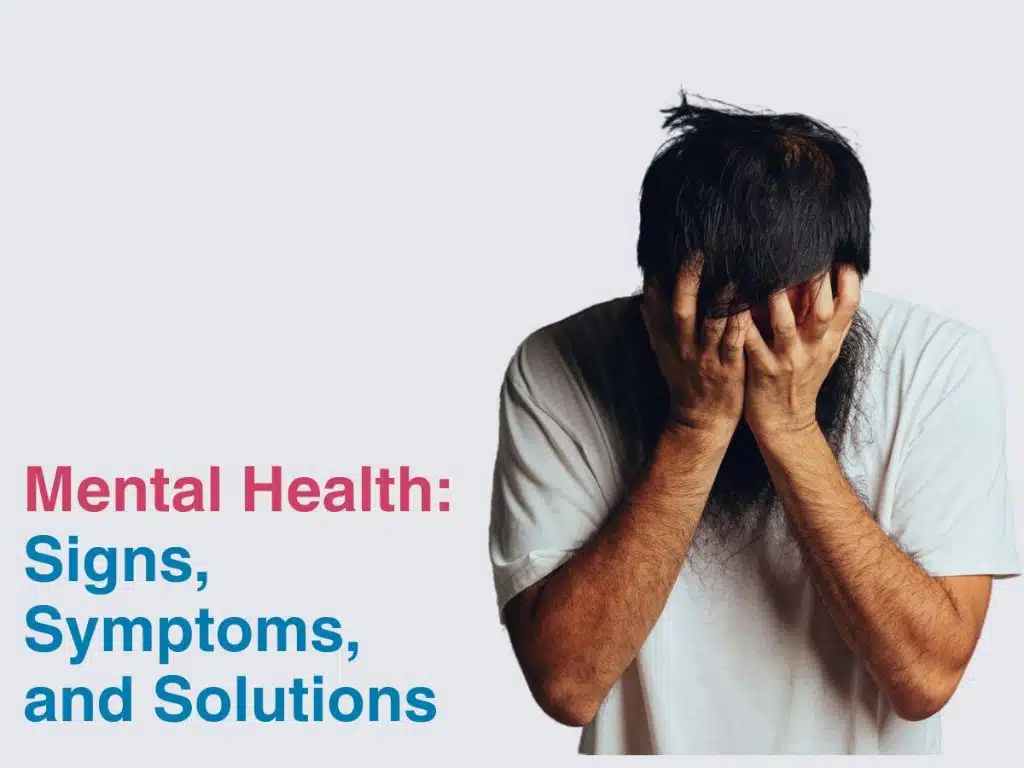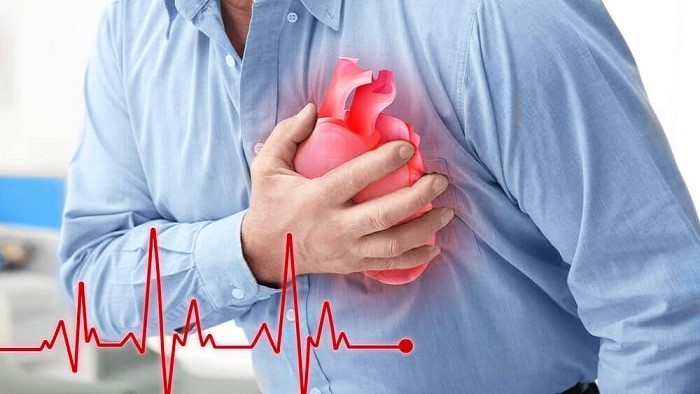
The Ultimate Guide to Stress Management and Relaxation
Chapter 1: Understanding Stress
- What is Stress?
- Definition and types of stress (acute, chronic, eustress, distress).
- Common Causes of Stress
- Work-related stress, financial worries, personal relationships, health issues.
- Signs and Symptoms of Stress
- Emotional, physical, cognitive, and behavioral symptoms.
- The Science Behind Stress
- How stress affects the body and mind (cortisol, adrenaline, fight or flight response).
Chapter 2: The Impact of Stress on Health
- Mental Health Effects
- Anxiety, depression, irritability, and burnout.
- Physical Health Consequences
- Headaches, digestive issues, weakened immune system, cardiovascular problems.
- Long-Term Consequences of Chronic Stress
- Chronic diseases, reduced life expectancy, impaired cognitive function.
Chapter 3: Effective Stress Management Techniques
- 1. Mindfulness and Meditation
- Types of meditation (guided, mindfulness, transcendental).
- Step-by-step guide on how to meditate.
- Benefits of mindfulness for stress reduction.
- 2. Deep Breathing Exercises
- Diaphragmatic breathing, 4-7-8 breathing technique.
- 3. Physical Exercise and Movement
- How regular physical activity reduces stress.
- Best exercises for stress relief (yoga, walking, dancing).
- 4. Healthy Lifestyle Choices
- Balanced nutrition, adequate sleep, and hydration.
- 5. Time Management and Prioritization
- Techniques for effective time management to reduce stress.
- 6. Social Support and Communication
- Importance of seeking support from friends, family, or support groups.
- 7. Professional Help
- When to seek help from psychologists, counselors, or therapists.
Chapter 4: Relaxation Techniques to Calm Your Mind
- 1. Progressive Muscle Relaxation (PMR)
- Step-by-step guide to practicing PMR.
- 2. Guided Imagery and Visualization
- Using imagination to create calming and peaceful scenes.
- 3. Aromatherapy and Essential Oils
- Best essential oils for relaxation and stress relief.
- 4. Music and Sound Therapy
- How music influences mood and reduces stress.
- 5. Hobbies and Leisure Activities
- Importance of engaging in enjoyable activities for relaxation.
Chapter 5: Creating a Stress-Free Environment
- 1. Decluttering and Organizing Your Space
- How a clean and organized space reduces stress.
- 2. Creating a Relaxation Corner
- Ideas for setting up a dedicated relaxation space at home.
- 3. Digital Detox and Managing Screen Time
- Importance of reducing screen time for mental well-being.
- 4. Incorporating Nature and Greenery
- Benefits of connecting with nature for stress relief.
Chapter 6: Developing a Personalized Stress Management Plan
- 1. Identifying Stress Triggers
- Keeping a stress journal to track stressors.
- 2. Setting Realistic Goals and Expectations
- 3. Building Resilience and Positive Thinking
- Cognitive-behavioral strategies for managing stress.
- 4. Practicing Gratitude and Positive Affirmations
- How gratitude reduces stress and boosts mental health.
Chapter 7: Stress Management in Different Life Situations
- 1. Workplace Stress Management
- Tips for managing work-related stress and maintaining work-life balance.
- 2. Stress Management for Students
- Techniques for academic stress relief and exam anxiety.
- 3. Stress Relief for Caregivers and Parents
- Self-care strategies for parents and caregivers.
- 4. Managing Stress During Major Life Changes
- Coping with transitions like marriage, divorce, or job changes.
Table of Contents
- Introduction
- Understanding Stress
- What is Stress?
- Types of Stress
- Common Causes of Stress
- Signs and Symptoms
- The Science Behind Stress
- The Impact of Stress on Health
- Mental Health Effects
- Physical Health Consequences
- Long-Term Consequences of Chronic Stress
- Case Studies: Real-Life Impacts of Stress
- Effective Stress Management Techniques
- Mindfulness and Meditation
- Deep Breathing Exercises
- Physical Exercise and Movement
- Healthy Lifestyle Choices
- Time Management and Prioritization
- Social Support and Communication
- Professional Help
- Advanced Relaxation Techniques
- Progressive Muscle Relaxation (PMR)
- Guided Imagery and Visualization
- Aromatherapy and Essential Oils
- Music and Sound Therapy
- Art Therapy and Creative Expression
- Digital Detox Strategies
- Creating a Stress-Free Environment
- Decluttering and Organizing Your Space
- Creating a Relaxation Corner
- Digital Detox and Managing Screen Time
- Incorporating Nature and Greenery
- Feng Shui for Stress Reduction
- Developing a Personalized Stress Management Plan
- Identifying Stress Triggers
- Setting Realistic Goals and Expectations
- Building Resilience and Positive Thinking
- Practicing Gratitude and Positive Affirmations
- Creating a Daily Routine for Stress Relief
- Stress Management in Different Life Situations
- Workplace Stress Management
- Stress Management for Students
- Stress Relief for Caregivers and Parents
- Managing Stress During Major Life Changes
- Coping with Grief and Loss
- The Role of Nutrition in Stress Management
- Foods That Reduce Stress
- Foods to Avoid During Stress
- Supplements for Stress Relief
- Hydration and Its Impact on Stress Levels
- Alternative Therapies for Stress Relief
- Acupuncture and Acupressure
- Chiropractic Care
- Reiki and Energy Healing
- Hypnotherapy
- Herbal Remedies and Adaptogens
- Digital Tools and Apps for Stress Management
- Best Meditation Apps
- Stress-Tracking Devices and Wearables
- Virtual Therapy Platforms
- Conclusion
- FAQs About Stress Management and Relaxation
- Call to Action
What is Stress?
Stress is a natural response to perceived threats or challenges. It triggers the body’s fight or flight response, preparing us to react to danger. However, chronic stress can negatively impact our health if not managed effectively.
Types of Stress
- Acute Stress: Short-term stress that occurs in specific situations.
- Chronic Stress: Long-term stress due to ongoing pressures.
- Eustress: Positive stress that motivates us.
- Distress: Negative stress that affects our well-being.
Common Causes of Stress
- Workplace challenges and deadlines.
- Financial difficulties.
- Personal relationships and conflicts.
- Health issues or medical conditions.
- Major life changes, such as moving or changing jobs.
Signs and Symptoms of Stress
- Emotional Symptoms: Anxiety, irritability, mood swings.
- Physical Symptoms: Headaches, fatigue, muscle tension.
- Cognitive Symptoms: Memory problems, poor concentration.
- Behavioral Symptoms: Overeating, substance abuse, social withdrawal.
The Science Behind Stress
Stress activates the hypothalamus-pituitary-adrenal (HPA) axis, releasing cortisol and adrenaline. These hormones prepare the body for action but can cause health issues if persistently elevated.
The Impact of Stress on Health
Mental Health Effects
- Anxiety disorders and panic attacks.
- Depression and mood disorders.
- Burnout and emotional exhaustion.
Physical Health Consequences
- Digestive problems (IBS, nausea).
- Cardiovascular issues (hypertension, heart disease).
- Weakened immune system, increasing susceptibility to illnesses.
Long-Term Consequences of Chronic Stress
- Chronic diseases (diabetes, autoimmune disorders).
- Impaired cognitive function and memory loss.
- Reduced life expectancy and accelerated aging.
Case Studies: Real-Life Impacts of Stress
- Story of a corporate executive who overcame burnout through mindfulness.
- A student who managed exam anxiety with breathing exercises.
Effective Stress Management Techniques
- Detailed guides on meditation, breathing exercises, and physical activities.
- Practical time management strategies and tools.
- Building a supportive social network and seeking professional help.
Advanced Relaxation Techniques
- Art Therapy and Creative Expression: Using art as a therapeutic outlet.
- Digital Detox Strategies: Methods to minimize screen time for mental clarity.
The Role of Nutrition in Stress Management
- Foods That Reduce Stress: Omega-3 rich foods, leafy greens, dark chocolate.
- Supplements for Stress Relief: Magnesium, Vitamin B complex, Ashwagandha.
Alternative Therapies for Stress Relief
- Acupuncture and Acupressure: Balancing energy flow.
- Reiki and Energy Healing: Restoring emotional balance.
Digital Tools and Apps for Stress Management
- Top-rated meditation and mindfulness apps.
- Wearable devices for stress tracking (Fitbit, Apple Watch).



 DailyMediCure
DailyMediCure 










